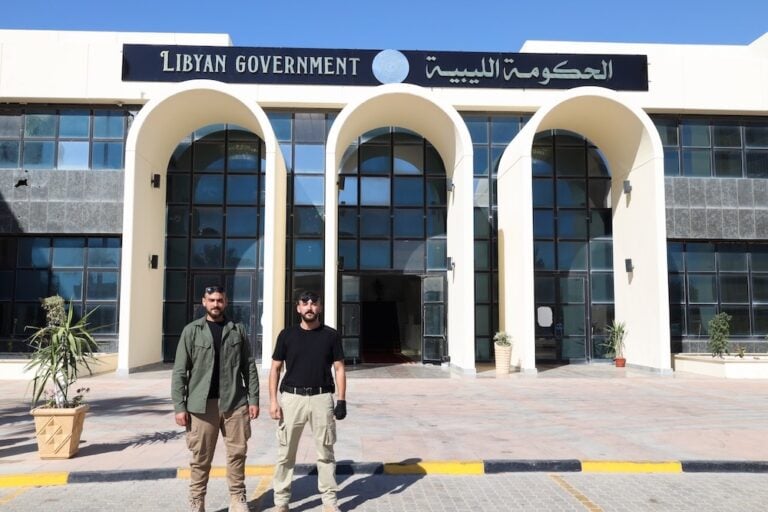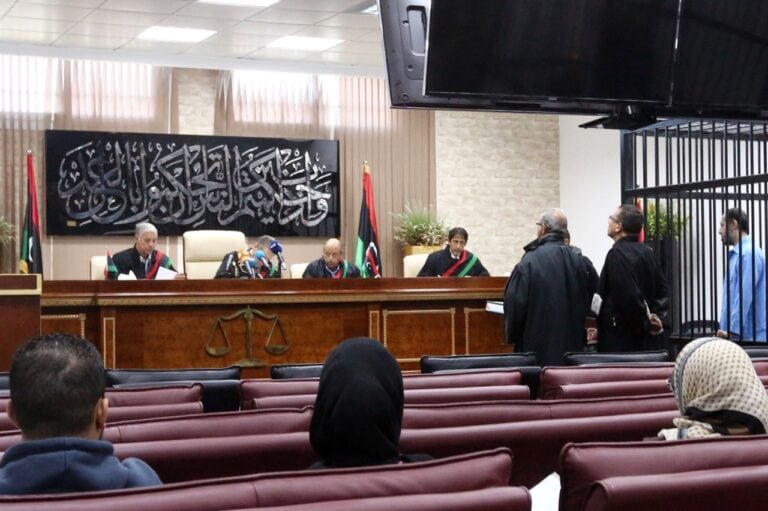"To consolidate any democratic future, an independent and professional press must emerge from all the media initiatives launched since the start of the war," noted RSF.
(RSF/IFEX) – June 20 2011 – Reporters Without Borders visited eastern Libya in April to evaluate the situation of the media in Benghazi and the surrounding region and, in particular, to report on the extraordinary vigour of the new media that have been emerging in this part of the country since its liberation from Muammar Gaddafi’s oppressive rule.
Although the outcome of the civil war is still uncertain, Benghazi has lost no time in seeking to shape its new political destiny. Freed from Tripoli’s yoke, the National Transitional Council has anticipated Gaddafi’s fall by acting as an independent government and by beginning to chart a course towards democratization.
As a free press is an essential condition in any democracy, Reporters Without Borders wanted to take a closer look at the role played by journalists in reporting news and information since the outbreak of the war last February.
“The current media are essentially a citizen media consisting of young activists who have played a key role in the war, activists such as Mohamed Al-Nabbous, the creator of the Web TV Libya Al-Hurra, who was killed by a sniper on 19 March,” Reporters Without Borders said.
“To consolidate any democratic future, an independent and professional press must emerge from all the media initiatives launched since the start of the war. A resistance press that has been combating disinformation and propaganda must evolve into a press for political stability.”
As part of its survey of the press landscape, the report examines the dire material constraints under which these media are operating and the main sources of funding of the most organized ones. It highlights the youth and inexperience of their staff, who have little professional knowledge and have improvised with enthusiasm in the course of the fight against Gaddafi’s troops.
It also looks at relations between the National Transitional Council and the media.


